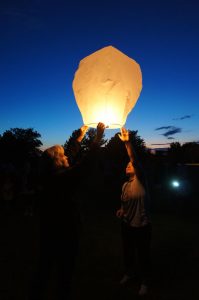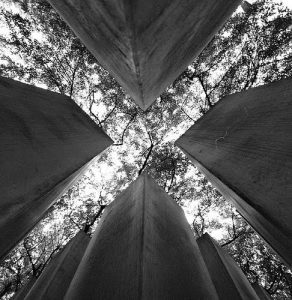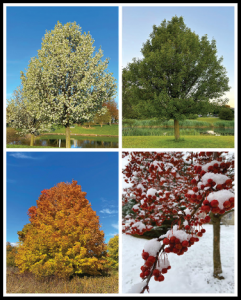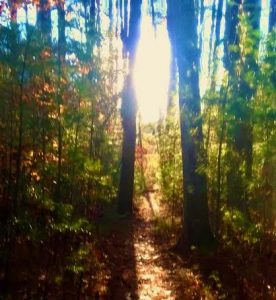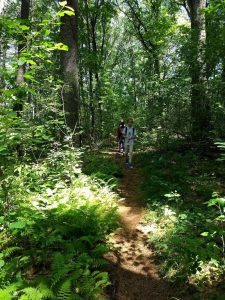Today’s reflection comes from our dear friend, Chaplain Ed Hunter. I say “ours” because he is a friend to so many. I say “ours” because he and I serve on several non-profit boards together. I ofen describe Ed as the chaplains’ chaplain. He is connected to so many.
Here is Ed’s writing and his photography, some of which, like mine, will be at Fox Valley Hands of Hope art auction in October.
In regard to the topic of connections, there are so many ways to reflect on what is a connection. Personal for each one of us.
Birth connections, marriage connections, religious community connections, work connections, social connections, historical connections, etc…
Some of us have experienced connections that lasted for a brief moment or others last a lifetime. Some are vital and some are mundane.
Some are life giving and some restrict our lives.
Some change us forever… influencing the path we take in this life.
Some we cherish and others we regret.
I invite you to the take these words and the images to help you look are your own connections,
Ponder on these images and so how they connect with your journey of life and reflection at this holy time.
Look to how the images may help you think of your experience as they remind you of how images like these help us remember our connections with others and how important they can be.
We continue to learn and grow in life. As we seek out to build new connections and perhaps rebuild them, or
remember what they meant or might mean for you, as you continue experience the gift of life with each other.
The RED Stairway….. what stairs have you climbed or descended that have brought to a higher or lower place in your life? (Picture in next post)
The Snow Bridge …. The seasons of the year bring sun and rain and snow and darkness… the seasons of our life connections. (Picture in the next post)
The Floating Lantern…… breaking through the darkness to help us remember connections of our past and perhaps our future
The Stretch of Tree Limbs … like branches on a tree, we all grow in different directions yet our roots remain as one.
Bless your CONNECTIONS
Chaplain Ed Hunter
